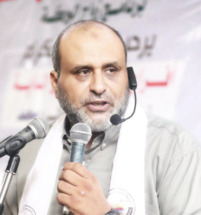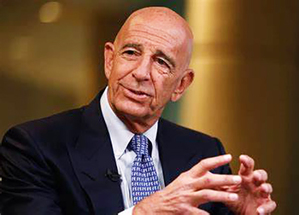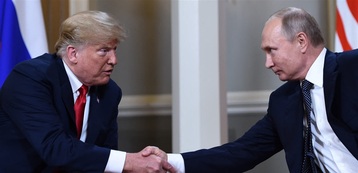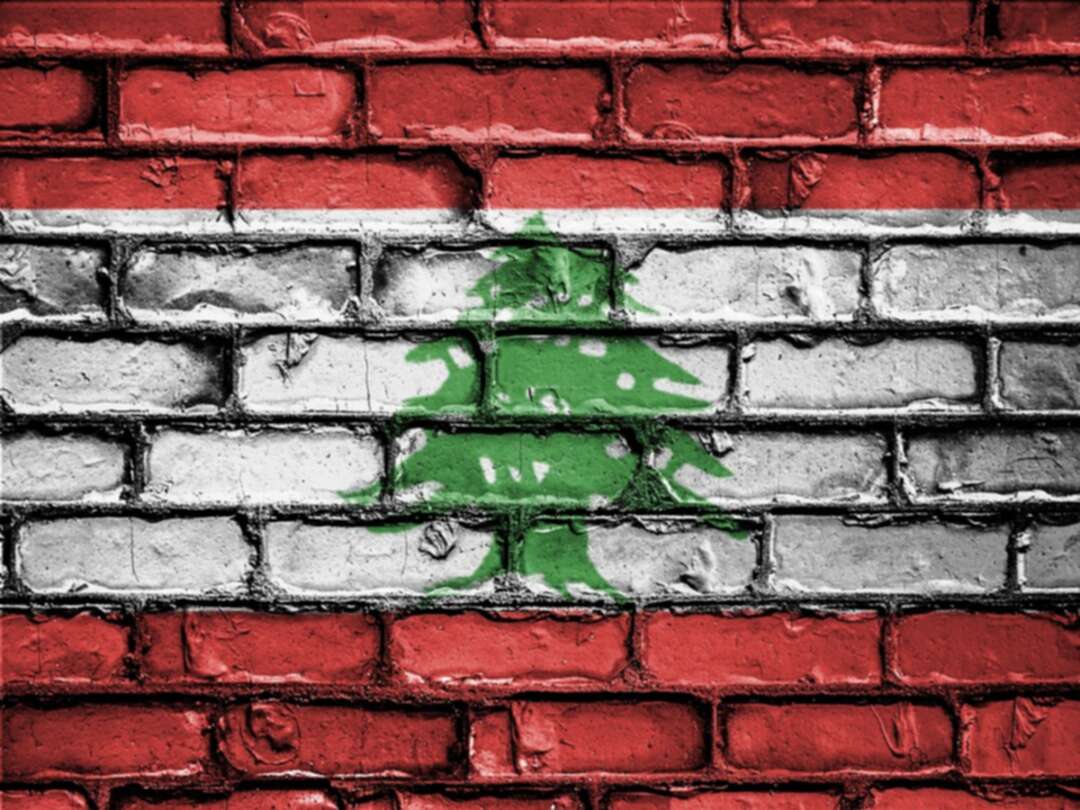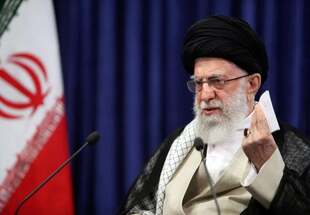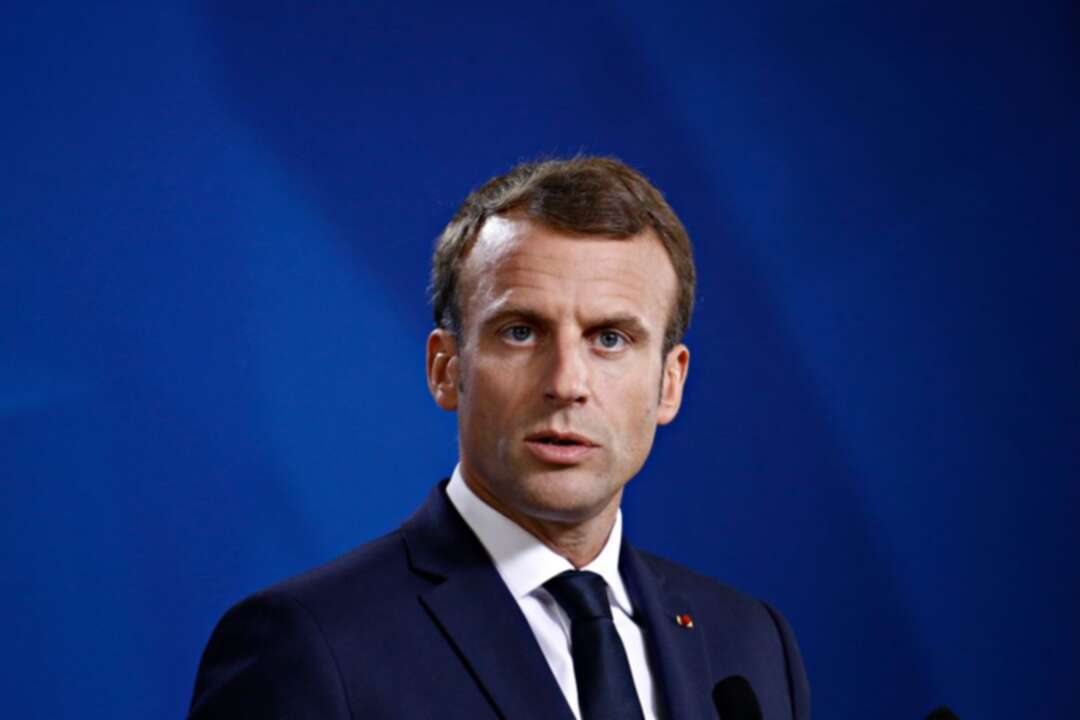-
Austin Urges Tehran to Avoid Escalation After Israeli Strike
-
The U.S. position supporting Israel while calling for de-escalation reflects Washington's attempt to balance supporting its ally while avoiding a comprehensive regional war
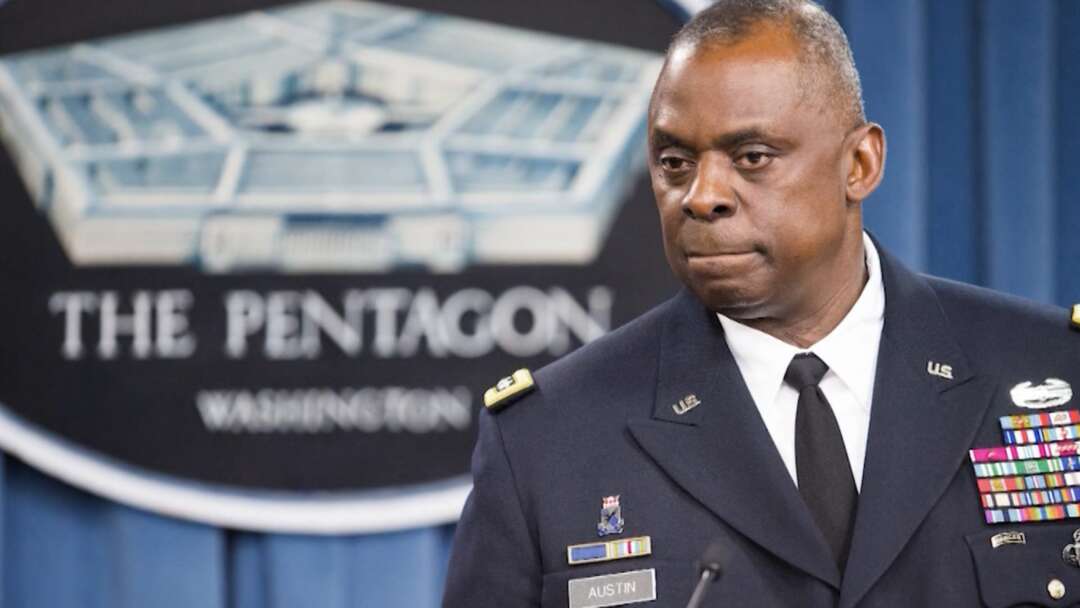
U.S. Defense Secretary Lloyd Austin advised Tehran, Saturday evening, to avoid responding to Israeli raids that targeted military facilities in Iran, emphasizing during a conversation with his Israeli counterpart the necessity of reducing tension in the region.
Austin stated: "Iran should not make the mistake of responding to Israeli strikes, which should represent the end of this exchange," adding that conditions are favorable "to use diplomacy to reduce tension in the region."
Israeli Defense Minister Yoav Gallant reviewed with his American counterpart the results of the strike on Iran, discussing the assessment of the attacks' success on missile factories, air defense systems, and Iranian military capabilities.
While Iranian armed forces announced four military personnel were killed in the Israeli attack that caused "limited losses," they renewed their assertion of "their right and duty to defend themselves."
The Israeli occupation army revealed Saturday morning the execution of "precise and directed" strikes against missile manufacturing centers and air capabilities in Iran, in response to the Iranian attack early this month, threatening Tehran with a "heavy price" if it decides to respond.
While Washington considered the Israeli raids "self-defense," several Arab and Islamic countries denounced them, including Iraq, Pakistan, Syria, Turkey, Algeria, Tunisia, Egypt, Saudi Arabia, and the UAE, warning of escalation consequences.
Iran carried out its first missile and drone attack on Israel in retaliation for targeting its consulate in Damascus, while the second attack came in response to the assassination of Hezbollah Secretary-General Hassan Nasrallah and a Revolutionary Guard commander in Beirut, and the assassination of Hamas Political Bureau Chief Ismail Haniyeh in Tehran.
Despite rising fears, signs of normal life continued in both capitals, Tehran and Tel Aviv.
Levant-Agencies
You May Also Like
Popular Posts
Caricature
BENEFIT Sponsors BuildHer...
- April 23, 2025
BENEFIT, the Kingdom’s innovator and leading company in Fintech and electronic financial transactions service, has sponsored the BuildHer CityHack 2025 Hackathon, a two-day event spearheaded by the College of Engineering and Technology at the Royal University for Women (RUW).
Aimed at secondary school students, the event brought together a distinguished group of academic professionals and technology experts to mentor and inspire young participants.
More than 100 high school students from across the Kingdom of Bahrain took part in the hackathon, which featured an intensive programme of training workshops and hands-on sessions. These activities were tailored to enhance participants’ critical thinking, collaborative problem-solving, and team-building capabilities, while also encouraging the development of practical and sustainable solutions to contemporary challenges using modern technological tools.
BENEFIT’s Chief Executive Mr. Abdulwahed AlJanahi, commented: “Our support for this educational hackathon reflects our long-term strategic vision to nurture the talents of emerging national youth and empower the next generation of accomplished female leaders in technology. By fostering creativity and innovation, we aim to contribute meaningfully to Bahrain’s comprehensive development goals and align with the aspirations outlined in the Kingdom’s Vision 2030—an ambition in which BENEFIT plays a central role.”
Professor Riyadh Yousif Hamzah, President of the Royal University for Women, commented: “This initiative reflects our commitment to advancing women in STEM fields. We're cultivating a generation of creative, solution-driven female leaders who will drive national development. Our partnership with BENEFIT exemplifies the powerful synergy between academia and private sector in supporting educational innovation.”
Hanan Abdulla Hasan, Senior Manager, PR & Communication at BENEFIT, said: “We are honoured to collaborate with RUW in supporting this remarkable technology-focused event. It highlights our commitment to social responsibility, and our ongoing efforts to enhance the digital and innovation capabilities of young Bahraini women and foster their ability to harness technological tools in the service of a smarter, more sustainable future.”
For his part, Dr. Humam ElAgha, Acting Dean of the College of Engineering and Technology at the University, said: “BuildHer CityHack 2025 embodies our hands-on approach to education. By tackling real-world problems through creative thinking and sustainable solutions, we're preparing women to thrive in the knowledge economy – a cornerstone of the University's vision.”
opinion
Report
ads
Newsletter
Subscribe to our mailing list to get the new updates!


